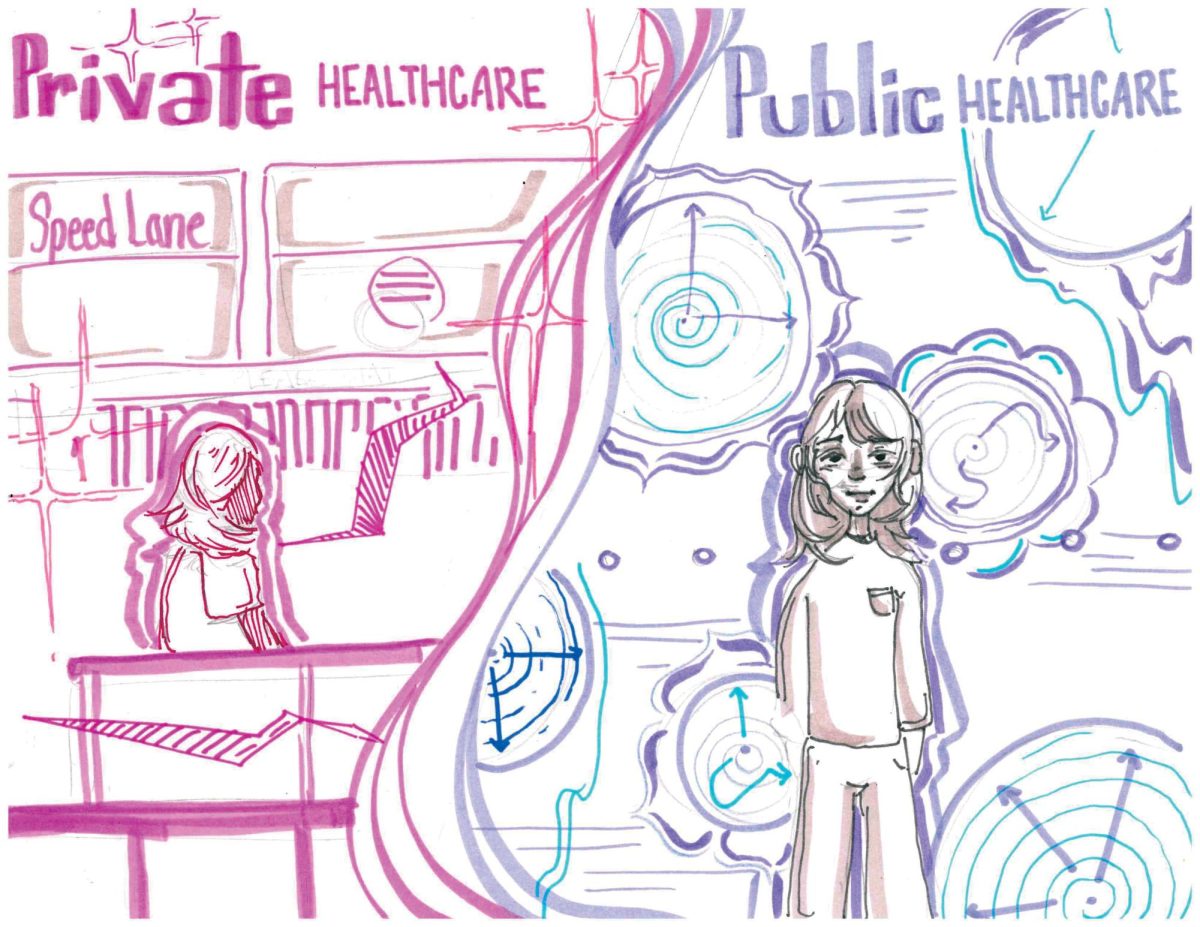Private healthcare offers both advantages and challenges.
Understanding its implications is crucial for those navigating the American healthcare landscape.
Most people never plan on getting sick or getting hurt but do require medical care at some point.
In this case, it is important to have health insurance. With this, private healthcare is almost always an option.
Private healthcare is health insurance that is offered by private companies or self-insured employees.
It involves a variety of providers, insurers, and healthcare facilities that operate independently of government funding, primarily relying on private insurance and out-of-pocket payments from patients.
This type of care is financed through a mix of insurance premiums, out-of-pocket payments and employer-sponsored insurance.
There are many advantages to having a private health insurer.
According to Anthem Blue Cross Health Insurance (ABCHI), some benefits include “doctor visits, prescriptions, hospital care, and mental health services,” along with “specialized care treatments, elective procedures, and alternative therapies.”
In insurance premiums, individuals and employers pay monthly premiums to private insurers to cover healthcare costs.
This encourages competition among insurers to offer attractive plans, thus adding more competition to the insurance market.
Out-of-pocket payments are exactly what they sound like.
Patients pay for services not covered by insurance, such as deductibles, co-pays and non-covered treatments.
These payments can be significant, especially for those without comprehensive coverage (insurance that covers any damage to your vehicle).
Moreover, in employer-sponsored plans, employers can buy coverage from an insurance company for employees.
This type of insurance covers more than half of the American population and is a major component of private healthcare.
Private insurance companies also offer health insurance plans to individuals, families, and employers, covering a range of healthcare services.
Major companies include UnitedHealthcare, Anthem, Aetna, Cigna and Humana.
On the other hand, another 6% of Americans get coverage outside of their workplace.
According to the Commonwealth of Pennsylvania, Pennie is Pennsylvania’s insurance marketplace, allowing individuals to shop for high-quality plans fitting to them.
Pennie has an open enrollment period, meaning that there is a yearly period one can buy health insurance.
This period runs from November 1 to January 15.
According to Pennie, “If you don’t enroll during this time, you can’t sign up until the next one, except in limited instances, called special enrollment periods.”
A “special enrollment” period is for those who experience a “Qualifying Life Event.”
A qualifying event includes loss of health coverage, marriage, change of residence and more.
Furthermore, Medicare is federal health insurance for people 65 or older and is administered by the federal Department of Health and Human Services.
This provides coverage either directly or through private health insurance companies.
For those younger, families could qualify for free or low-cost health insurance through Medicaid or the Children’s Health Insurance Program (CHIP).
The qualifications for this depend on several factors, such as household income.
However, with the advantages come the disadvantages.
According to protective.com, a big disadvantage of private healthcare is the cost.
This is especially true for those who are in “poor health” and do not have access to any type of group coverage.
Along with this, most private healthcare providers do not offer coverage for “all types of diseases and conditions,” and plans tend to have many “gaps” that users can fall into.
This makes them have to pay these expenses out of pocket for medical services that do not fall under those specifically outlined in the plan.
Con: Private healthcare offers advanced options for individuals
Private healthcare is medical services provided by non-governmental entities, including hospitals, clinics and individual practitioners. The U.S. healthcare system is a mix of public and private services, with private healthcare playing a dominant role.
0
More to Discover
About the Contributor

Keya Dahale, Copy Editor







